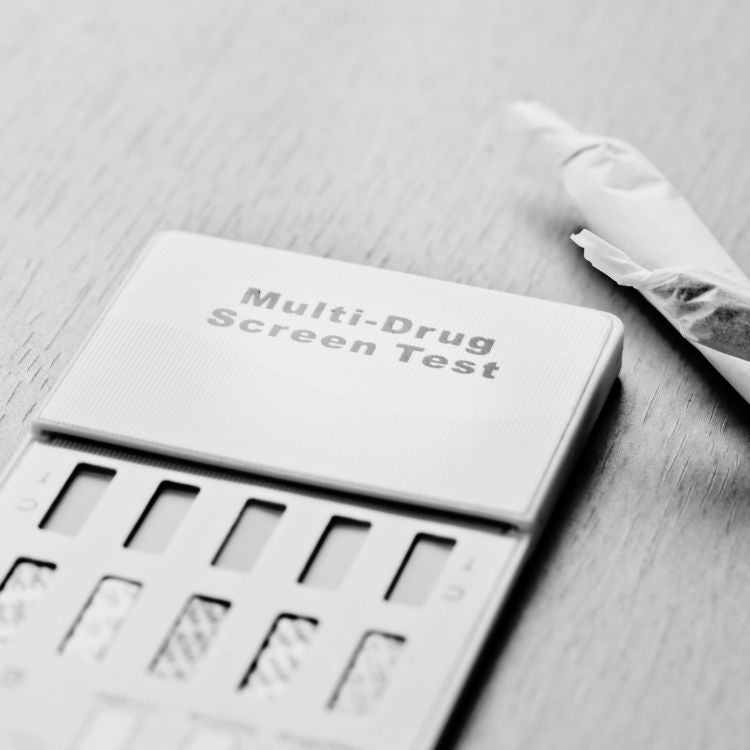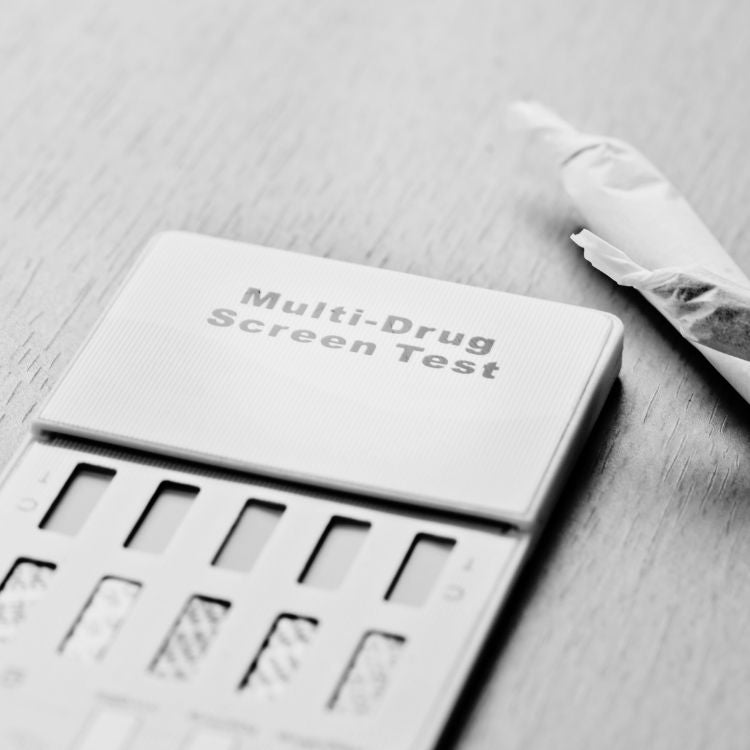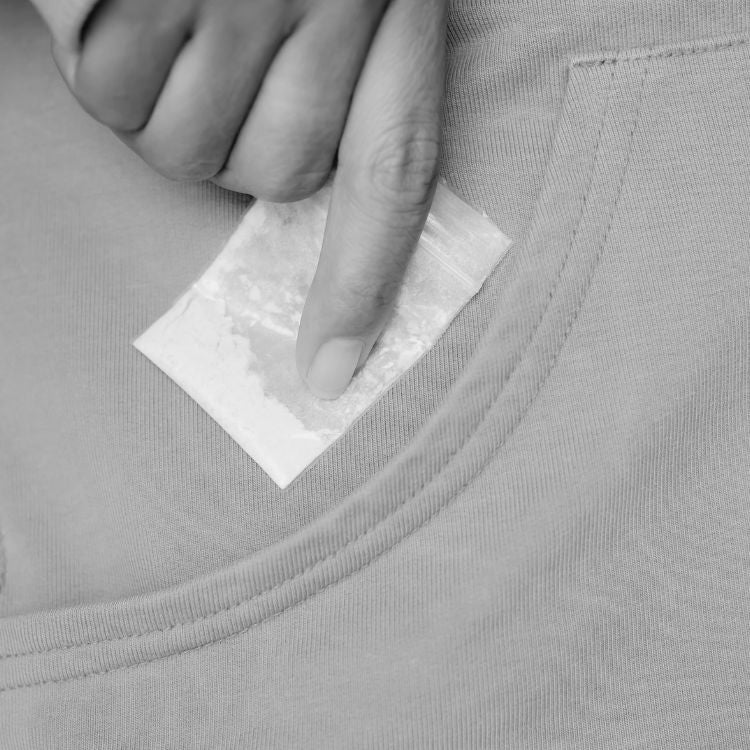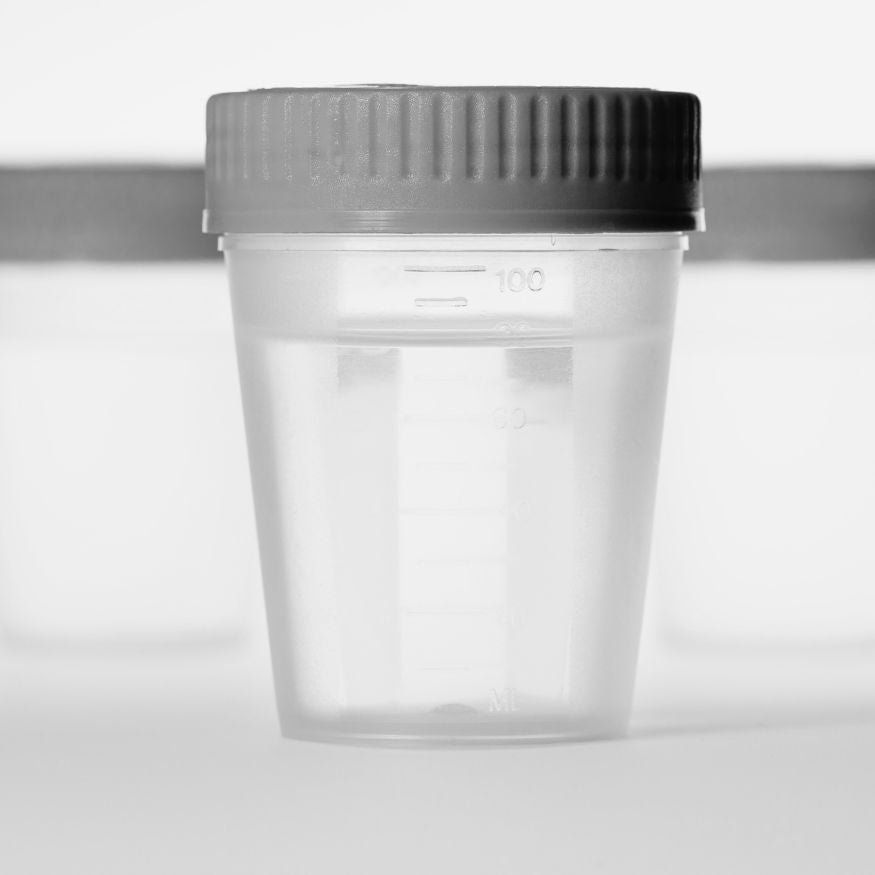False positives are a commonly talked-about part of the drug testing process – but there are a lot of misconceptions about why and how often they occur. Understandably, these tests are complex, and when administered at home or outside the confines of a lab, they are not 100% accurate.
Understanding false positives in drug tests can help you avoid this outcome for yourself or others, minimising negative consequences to your job, safety, or health.
How common are false positive drug test results?
False positives are the first complication to arise when discussing the pitfalls of drug testing – but how likely are they really?
A study conducted in 2019 by the University of Sydney Lambert Initiative for Cannabinoid Therapeutics highlighted notable inaccuracies with roadside drug testing in Australia. False positives occurred between 5 and 10 percent of the time, and false negatives also occurred, actually at a slightly higher rate (between 9 and 16 percent of the time).
This is just one set of data – and the likelihood of similar statistics occurring across other settings and types of drug tests is high. So, it’s safe to say that while false positives and false negatives aren’t the norm, they’re both entirely possible. However, 85 to 90% of the time, results are likely to be accurate.
What can cause a false positive result on a drug test?
We’ve all heard the old adage – that eating too many poppy seeds could spike your opiate levels on a drug test – and that’s because it’s true! However, this is just one item on a list of factors that can lead to a false positive drug test result.
Let’s break down a few of the most common reasons you might experience a false positive result when being tested for drugs.
Other medications or vitamins
One of the main causes of false positives is taking vitamins or medications that can affect the chemical composition of the body. Many over-the-counter products and prescription drugs have chemical structures that resemble illicit substances, such as codeine vs morphine and opiates.
Similarly, some vitamins or supplements may contain trace compounds or additives that can interfere with a drug test's accuracy. Drug tests aren't ever 100% accurate, and can occasionally misidentify these substances as drugs, leading to false positives.
Here are some of common vitamins and medications that could potentially cause a false positive drug test result:
- Antibiotics like amoxicillin (can cause a false positive result for cocaine)
- Asthma medications (false positive for amphetamines and ecstasy)
- Common cold medications like Dimetapp and Robitussin (false positive for morphine, methamphetamines, MDMA, and opiates)
- Anxiety medications (false positive for benzodiazepines)
- Arthritis medications like fenoprofen (false positive for marijuana, amphetamines, and barbiturates)
- Anti-inflammatory medications like ibuprofen (false positive for marijuana)
- Nasal sprays and inhalers (false positive for marijuana)
- Decongestants like phenylephrine and pseudoephedrine (false positive for amphetamines)
- Chinese herbal pills (false positive for benzodiazepines)
- Vitamin B12 supplements (false positive for marijuana)
Secondhand substance exposure
While cut-off levels make it harder for this to happen, the reality is that secondhand substance exposure can still lead to false positive drug test results in some unique cases.
This happens from exposure to drugs that are smoked, such as marijuana and methamphetamines, and will likely only show up in hair or urine drug screens.
Chronic diseases and illnesses
Some illnesses can also render you with a false positive drug test. This is because chemical or nutrient imbalances in the body can mimic various substances, as can the medications commonly administered for certain diseases.
Studies have shown these diseases could potentially trigger a false positive on a drug test:
- Liver disease like cirrhosis or hepatitis (false positive for amphetamines and opiates)
- Kidney disease (false positive for amphetamines and opiates)
- Diabetes (false positive for alcohol and amphetamines)
- Infections like UTIs and pneumonia (false positive for amphetamines and opiates)
- Autoimmune diseases like lupus and rheumatoid arthritis (false positive for marijuana and opiates)
- Thyroid diseases (false positive for amphetamines)
- Obstructive jaundice (false positive for cocaine)
Test kit insufficiencies and procedural errors
Just like COVID test kits, drug testing kits are not 100% accurate. Due to the variable nature of sample collection, there is always room for error, both from the kit and the person administering the drug test.
This happens even in professional drug testing settings, and the only way to truly confirm the presence of drugs without doubt is to use a mass spectrometry test conducted in a laboratory. That’s why we always recommend taking more than one test and not relying on your at-home drug test to indisputably confirm the presence or absence of drugs in your system.
How to prevent false positive drug tests
While drug test mistakes are rarer these days due to improvements in test technology and cut-off levels designed to standardise testing, we know they’re still possible – so how do you prevent false positives?
If self-testing at home with a test kit, the best false positive prevention is a two-step process that involves following your test kit’s instructions to the letter, then repeating up to three times to ensure accuracy.
If you do not urgently require results, consider testing a few hours apart to minimise any external factors (e.g., medications or secondhand drug exposure) that may be impacting your test results.
If you test multiple times and still believe you are receiving a false positive result, we recommend confirming this by receiving a professional drug screen from a pathology centre.
What should you do if you think you’ve received a false positive drug test?
If you have received multiple positive drug test results and believe they are inaccurate, here are some suggestions to help you facilitate an accurate result:
While no at-home drug test is 100% accurate, Drug Alert test kits are a great place to start. We offer comprehensive urine test kits and saliva drug test kits that can be easily administered from the comfort of your home to screen up to 10 different drug types.
Drug Alert testing kits provide a qualitative, preliminary test result and should be used as a screening guide only. A secondary analytical method must be used to obtain a confirmed quantitative result. Drug Alert home test kit results cannot be used as legal evidence.




